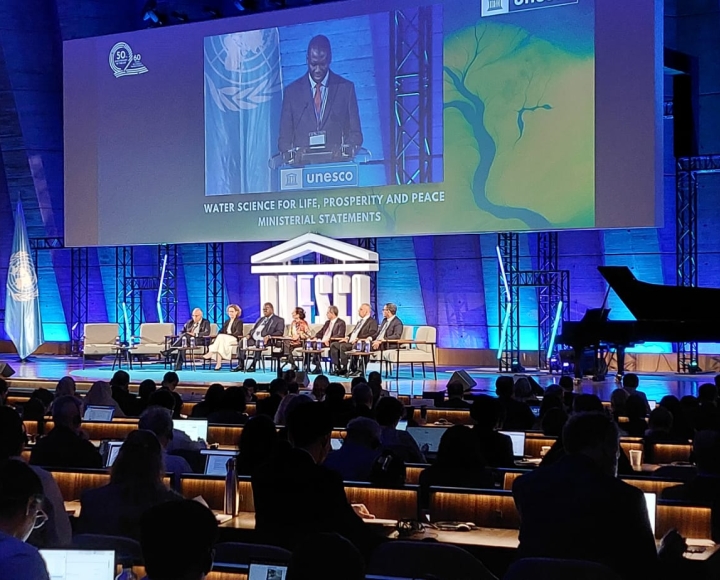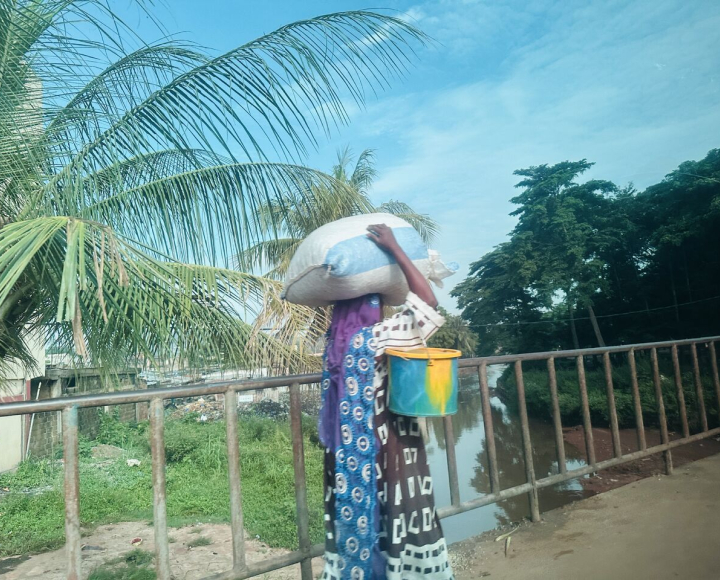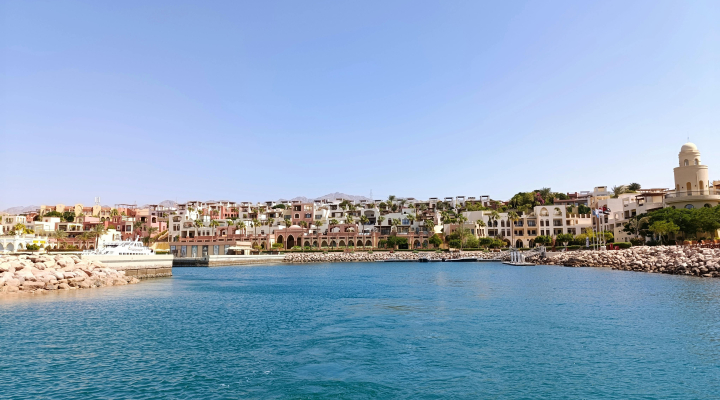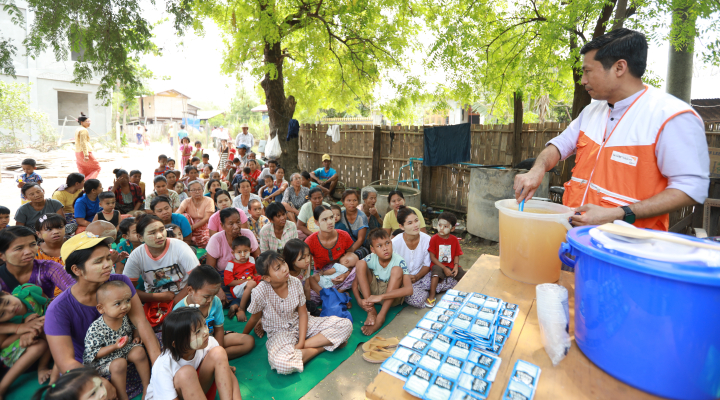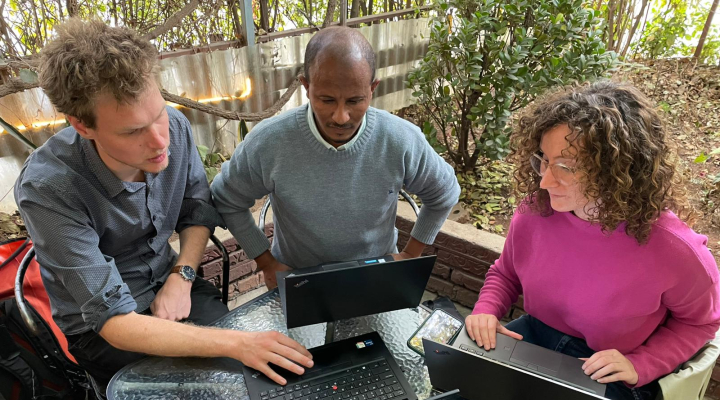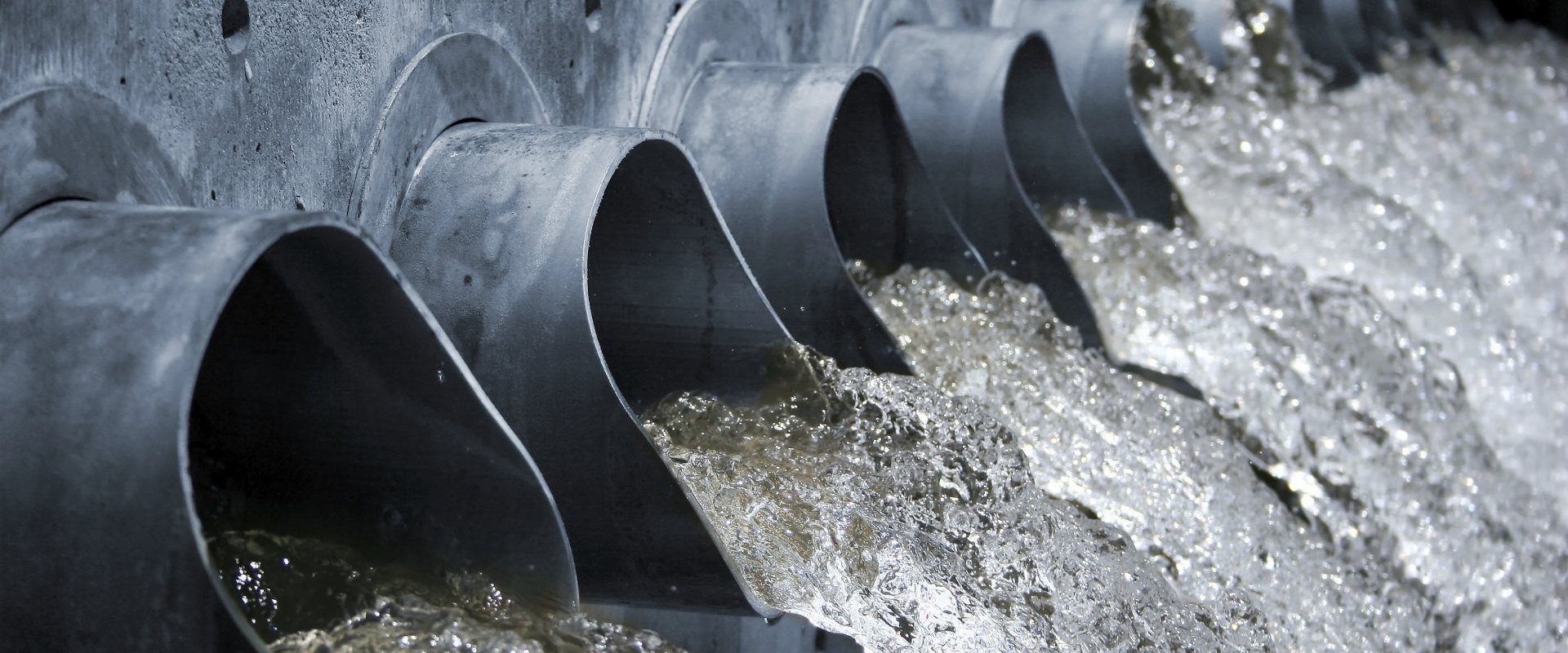
Industry to raise ambition for waste water treatment
The World Business Council for Sustainable Development published a report that calls upon the industry to raise their ambition on Sustainable Development Goal 6.3 and reduce its point-source discharge of waste water.
In the report Peter Oosterveer, CEO of consultancy firm Arcadis, supports the call for action and pledges for more efficient water management.
Less discharge of untreated waste water
In support of Sustainable Development Goal (SDG) 6.3 that aims to halve the global discharge of untreated waste water by 2030, the World Business Council for Sustainable Development (WBCSD) published the report to call upon the global industry to take its share.
The report mentions the findings of the United Nations World Water Assessment Programme that states that about 80 percent of all global urban household and industrial waste water is being discharged untreated.
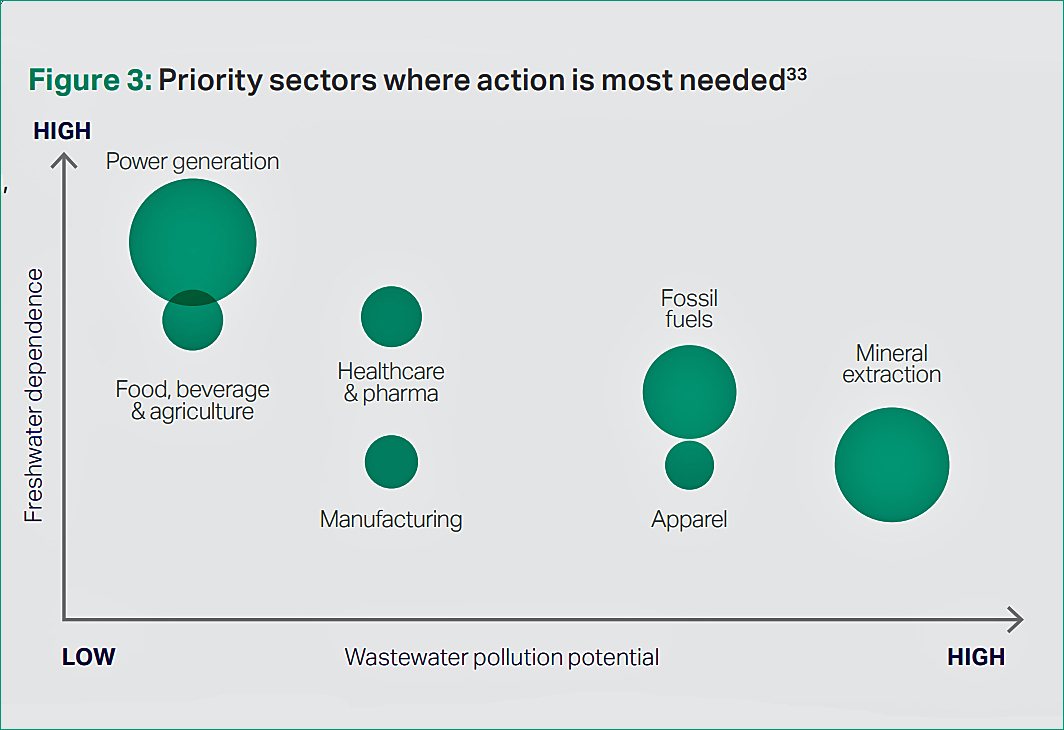

Local regulations
WBCSD calls for greater water reuse and water treatment efforts from industrial manufacturers and corporations. Furthermore, the council calls upon compliance with local water quality regulations.
In case there are no regulations, it advises to adopt recognised industry standards. As an example, the Zero Discharge of Hazardous Chemicals (ZDHC) Wastewater Guidelines are mentioned. These guidelines have been developed by the global textile industry.
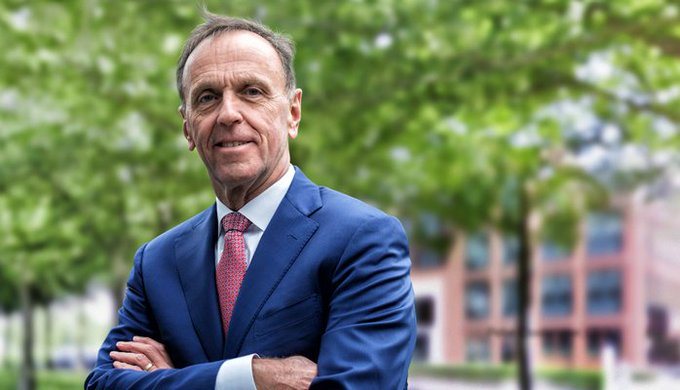

Long term business value
In the next three decades, global demand for fresh water will increase by an expected 50 to 70 percent. So it is in the interest of the industry to keep the fresh water sources clean.
According to Peter Oosterveer of Arcadis, and a member of the WBCSD’s executive committee, SDG 6.3 holds a long term business value for his clients. 'Arcadis is dedicated to working in partnership with its clients to improve quality of life, and water is essential to life. Arcadis supports the SDG and actively works on improving clean water and sanitation’, Oosterveer states in the report.
‘We also see the opportunity to deliver long-term business value to our clients through more efficient management of industrial water resources’, he remarks.
Steep change
Chief Technology & Sustainability at Du Pont, Alexa Dembek, acknowledges in the report that her company depends on a stable water supply to make quality products. ‘Increasing competition for water demands immediate action, and a steep change in the way that companies manage water’, she is quoted.
Download the full WBCSD report.





